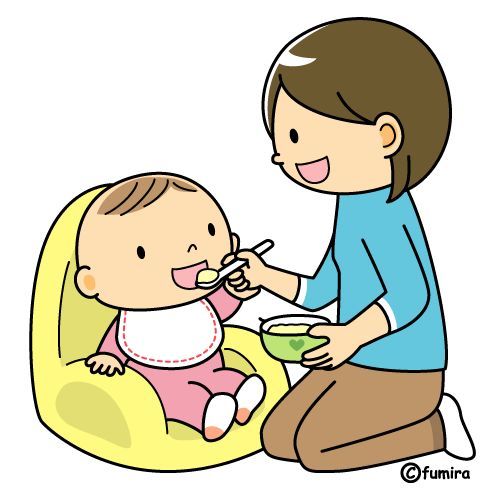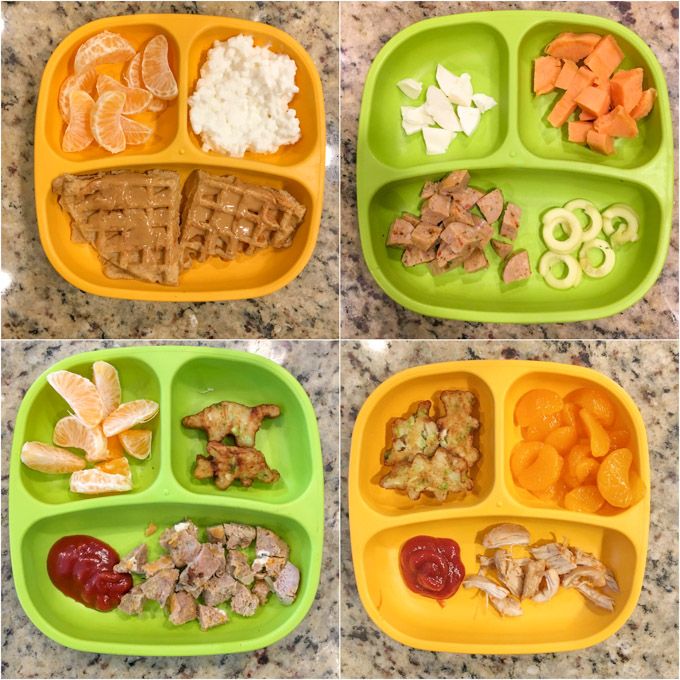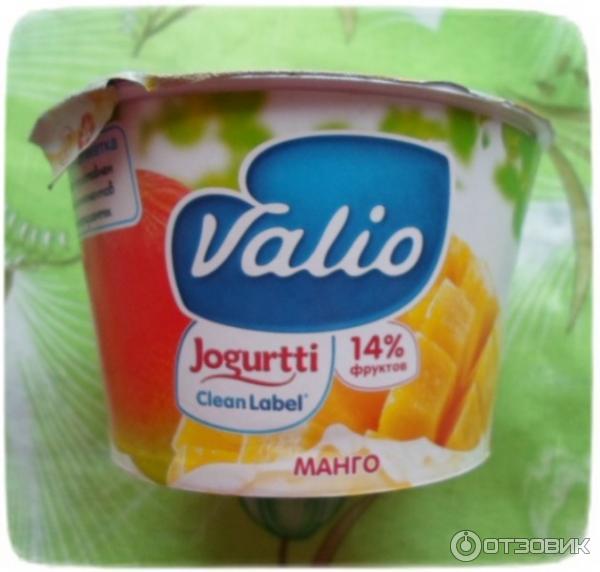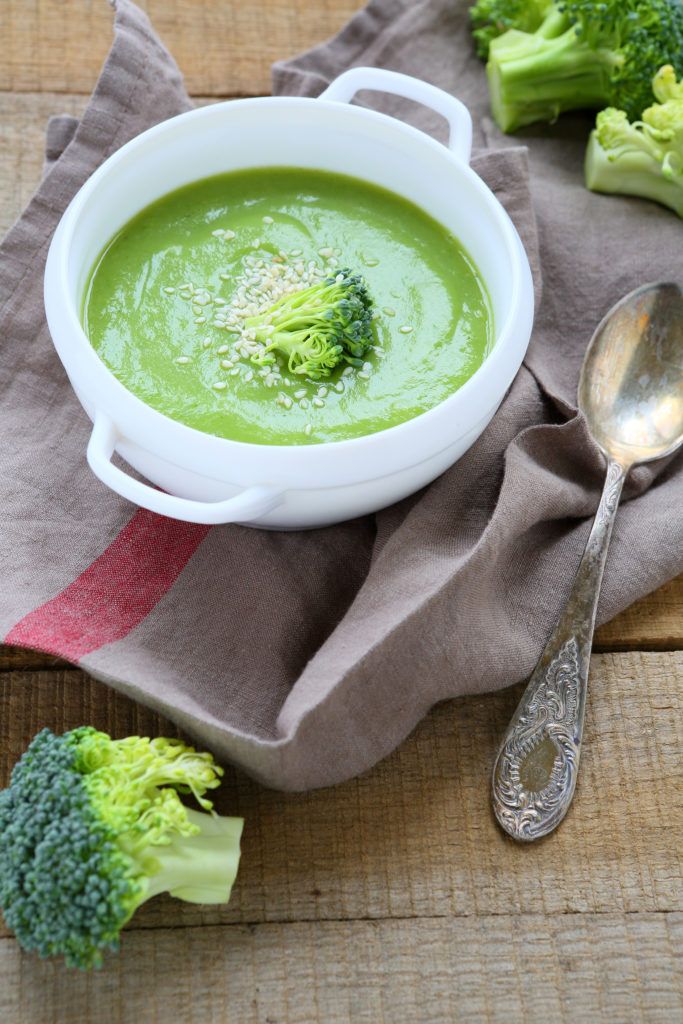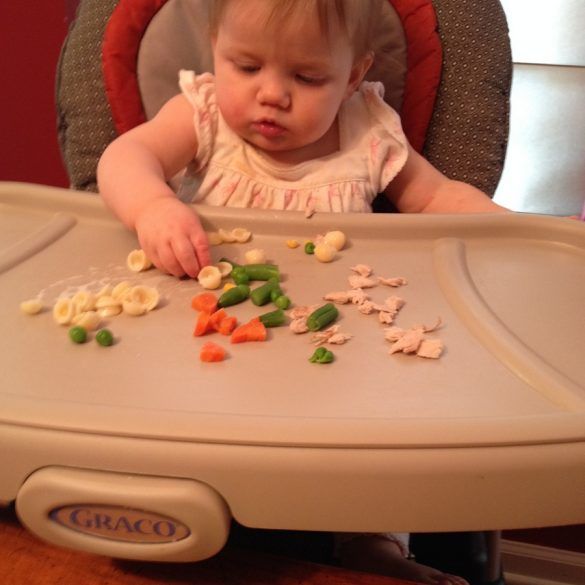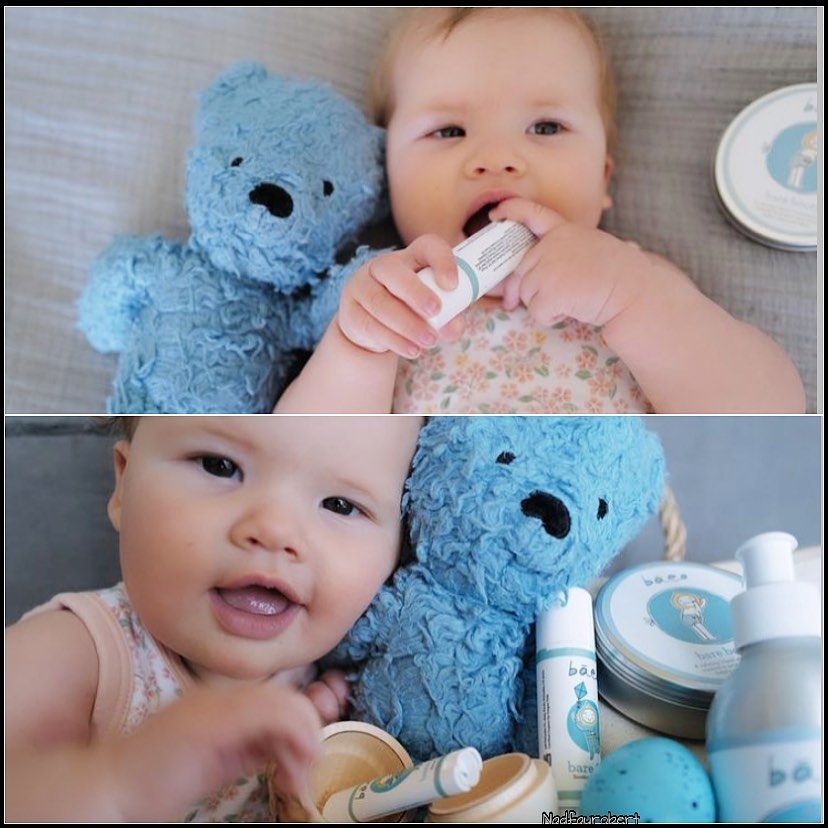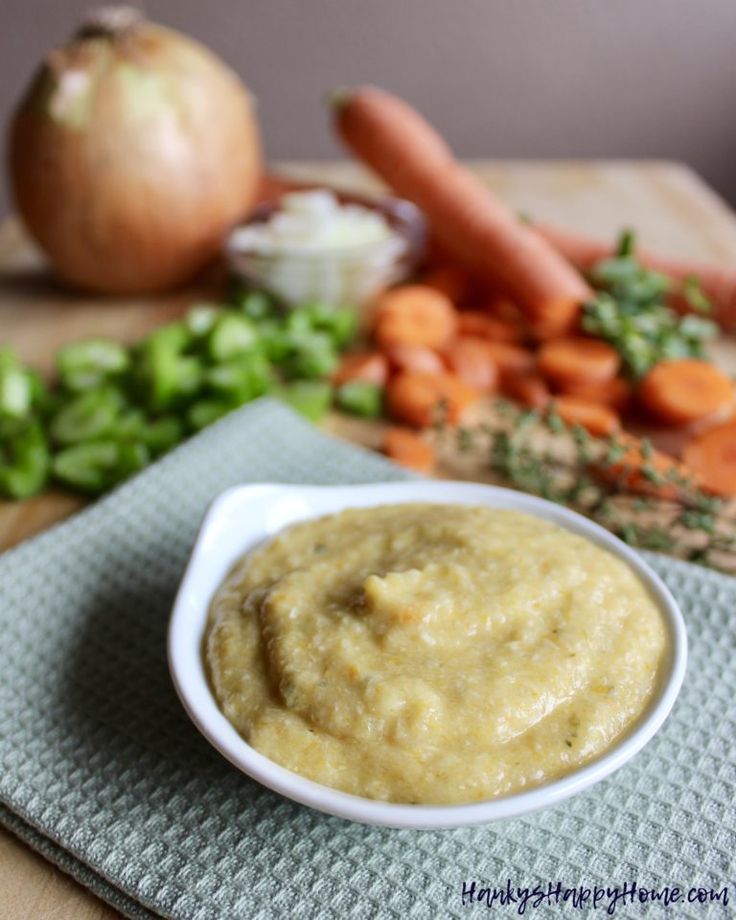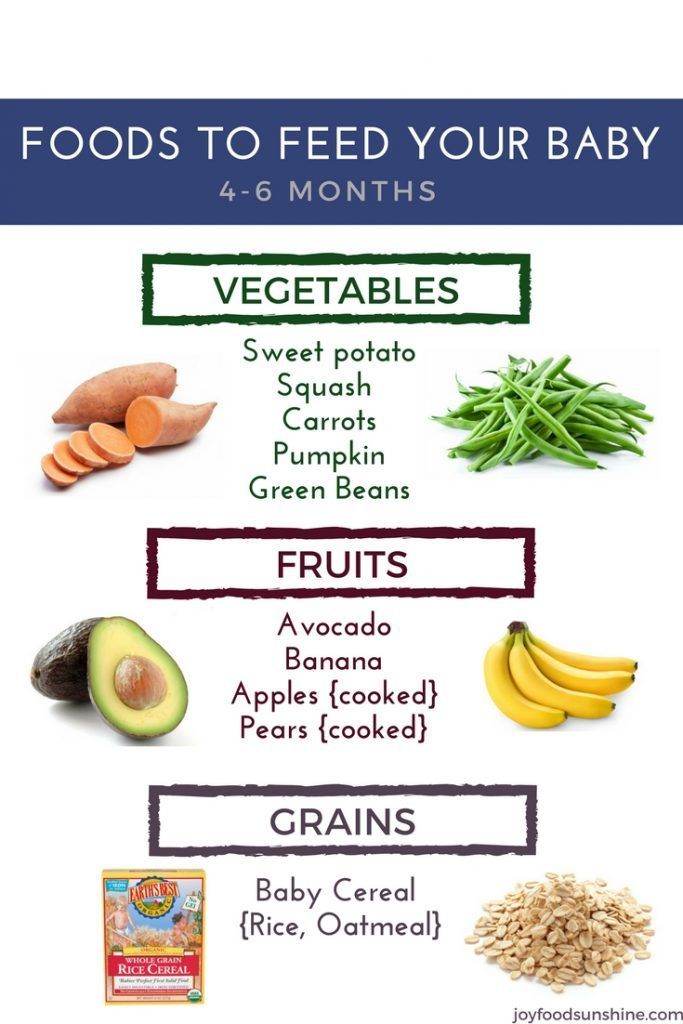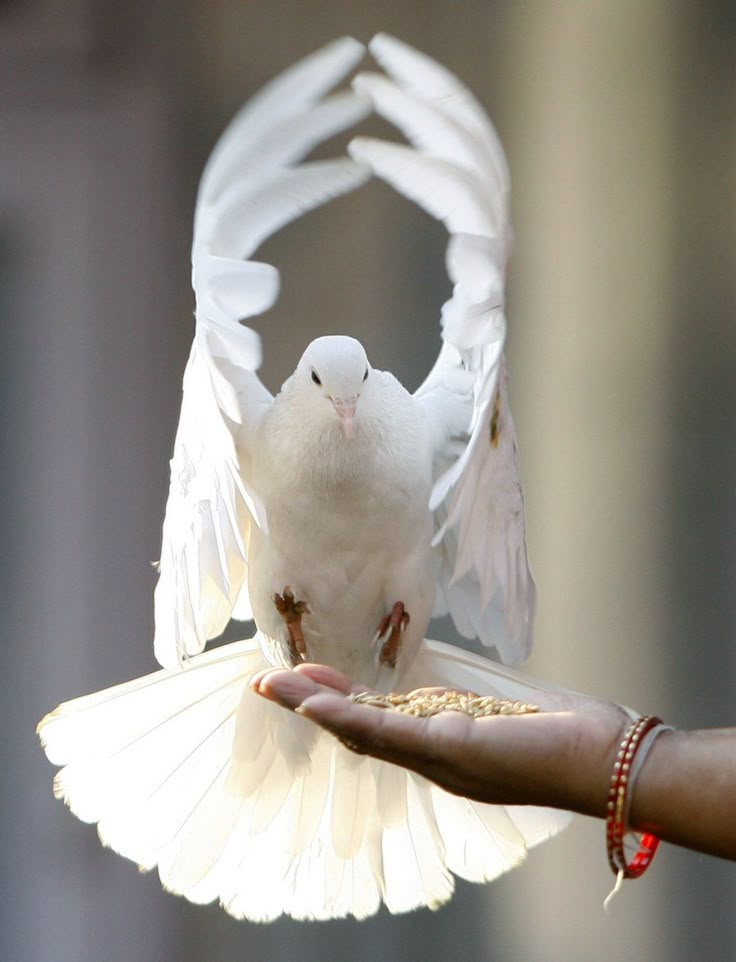Feeding a sick baby
Food, Nutrition & Your Sick Baby/Toddler
The most dreaded season of the year. No, I’m not talking about pothole season.
I’m talking about the germy, snotty, cough-every-two-seconds-and-get-your-siblings-sick-too season.
And it doesn’t only suck because you’ve got to watch your poor little one go through sleepless nights and low energy, but also because in the back of your mind you’re thinking…”I worked so hard to get my baby/toddler’s eating to be where it is now and this is going to undo everything!”
It’s ok…we all think it.
Let’s review what normal eating behaviours you can expect when your little one is sick.
First off, this is a time where your little one is going to need some extra love and attention from you. No doubt. So being a little forgiving with how things typically go is more than ok while they get through the roughest few days of illness.
They may need to nap more, schedules may be off, and they likely display more clingy, groggy and possibly temperamental behaviour.
When it comes to their eating, this is no exception. It’s very normal to see them have a significant reduction in appetite, show a general lack of interest in food or may even refuse food they usually eat and gravitate towards more snacky, carby or liquidy foods (think yogurt, applesauce, crackers, and popsicles). Sometimes even getting your toddler to come to the table is a struggle, and you start to think…do I let them eat on the sofa? Do I let them skip a meal? Should I cater to their favourite foods so they’ll eat? Feed a cold and starve a fever?
It’s all very confusing!
The thing is…we know they need nutrition to strengthen their immune system and give them energy to fight off the illness. At the same time, digestion takes a fair amount of energy — energy that may be better used to fight off invaders when we’re sick. So there may be a balance to strike here.
So how do you feed your baby/toddler when they’re struggling with sickness?Keep a normal feeding routine and rely on your child’s internal body signals.
Their appetite cues probably give us the clearest picture of what and when they should eat when they get sick. The thing is…toddlers especially won’t always know to ask to eat (babies will cry for milk), or they will ask when they’ve reached a point of super hunger. Hand down, the #1 best thing to do not only for nutrition during an illness but also for maintaining nutrition and decreasing pickiness after an illness is to keep your normal feeding routine as much as possible!
Now… that doesn’t mean they will take food every time you offer it. KNOW THIS AHEAD OF TIME and adjust your expectations. That’s perfectly fine… remember… their appetites lead the way here and always. You just be the reliable source to offer food at set intervals whether they ask for it or not, and trust their body and instincts to do the rest in terms of whether food is accepted or how much is accepted.
If they ask for food outside of set meal and snack times, it’s ok to give it to them for a couple of days while things are really bad.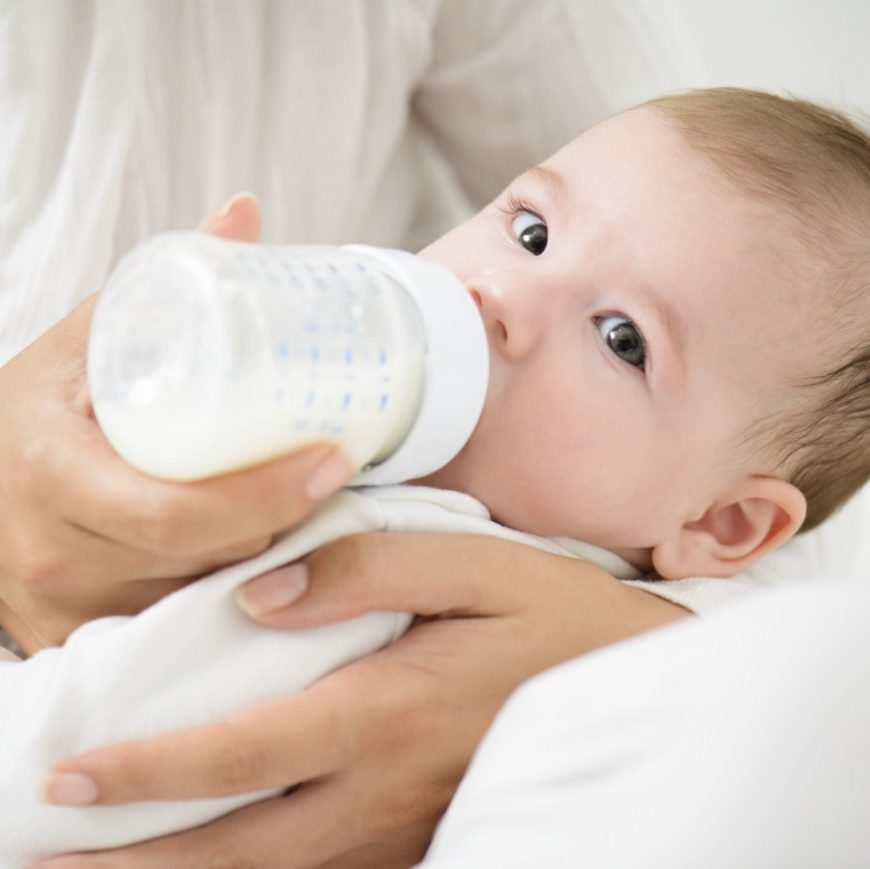 Again, appetites may be sporadic and it can be hard to predict when those opportunities to get some calories may come around. Try to come back around to your regular routine as soon as you can though.
Again, appetites may be sporadic and it can be hard to predict when those opportunities to get some calories may come around. Try to come back around to your regular routine as soon as you can though.
Since appetite may be down and risk for dehydration through fever or diarrhea may be up, focusing on hydration during this time is key! For babies under 1 year, the best thing to do is offer breastmilk/formula frequently to drink, especially when they’ve refused solid food meals. Keep offering those meals if they’ve started solids, but let milk take over for hydration since they may not get enough if you are too focused on solids.
For toddlers, you can offer:
- Breastmilk
- Cow’s milk/kefir
- Plant based milk/kefir
- Coconut water (diluted 1:1 ratio with water) (offered occasionally)
- Smoothies (include one of my favourite protein powders for added nutrition)
- Fruit juice (diluted 1:1 ratio with water) (offered occasionally, do not offer if experiencing diarrhea)
- Non-caffeinated tea in small amounts (¼ cup offered occasionally) like decaf green tea, ginger tea, lemon, echinacea, fennel, chamomile
In addition to offering more beverages, make sure to offer lots of hydrating foods at meal and snack times as well.
Examples of hydrating foods include:
- Broths and soups (homemade using real chicken broth…not from a can/package)
- Popsicles
- Applesauce
- Yogurt
- Cucumber
- Iceberg lettuce
- Tomatoes
- Zucchini
- Watermelon
- Cantaloupe
- Melon
- Oranges
- Pineapple
- Apples
- Spinach
- Grapes
Garlic – without a doubt, garlic is nature’s antibiotic. It’s known to have immense health properties, and has positive (though still very preliminary) research showing that it can treat/reduce the duration of the common cold. Although we can’t recommend a therapeutic dose yet, consuming lots of garlic (in a garlic dip is my favourite) is a great practice to get into, especially when sick to naturally fight off microbes.
Honey (over age 1 only) – 100% pure honey is also antimicrobial/antibacterial and there have been studies that show its successful effect as a cough remedy.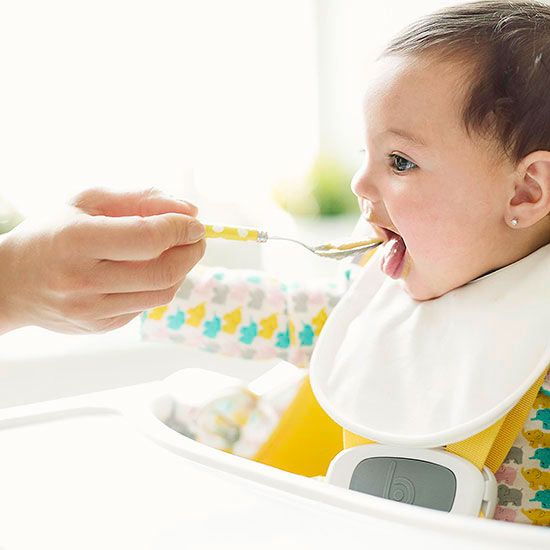 Try offering your toddler 1.5-2 tsp of honey before bedtime, maybe diluted in a cup of warm water, drizzled onto toast or in a smoothie.
Try offering your toddler 1.5-2 tsp of honey before bedtime, maybe diluted in a cup of warm water, drizzled onto toast or in a smoothie.
Elderberry – These have antiviral properties and are loaded with phytonutrients to strengthen the immune system as well as has compounds that can directly block a virus’s entry and replication in the body. A few small studies have found the elderberry extract reduces the duration of colds and other upper respiratory tract infections. Although they haven’t been conducted on children and more research is warranted, things look promising for it. It’s best to take it within 24 hours of onset of a cold/flu. You can find my favourite elderberry (and other!) supplements in my amazon shop for you to easily find and see my recommendations.
Avoid large portions and excessive cateringIt’s understandable during this time that they may not be able to stomach certain foods, or large amounts. What I suggest is to offer smaller portions of food initially so as not to turn off your baby/toddler upon first sight, especially if they have very little appetite.![]() Sometimes if they get the impression that they have to eat all of the food on their plate, and may refuse it altogether. You can always replenish their plate with more food once they finish what was there.
Sometimes if they get the impression that they have to eat all of the food on their plate, and may refuse it altogether. You can always replenish their plate with more food once they finish what was there.
I also don’t recommend full on catering to your child’s request for food …yes even when they’re sick! I know that it’s hard when they’re sick and only feeling like eating one specific thing to want to offer that over and over again. It’s ok to do it once or twice…but keep it at bay and instead focus on being considerate rather than catering. Sometimes they don’t want to chew or it takes too much energy to eat…soft and easy to eat foods like mashed potatoes, yogurt, oatmeal, crackers and even puree pouches can be helpful and good choices. But if you know that they prefer to eat these foods during this time…choose to offer it to them before they ask for it, alongside other foods, and make sure to vary things so you’re not re-offering that exact same food next meal.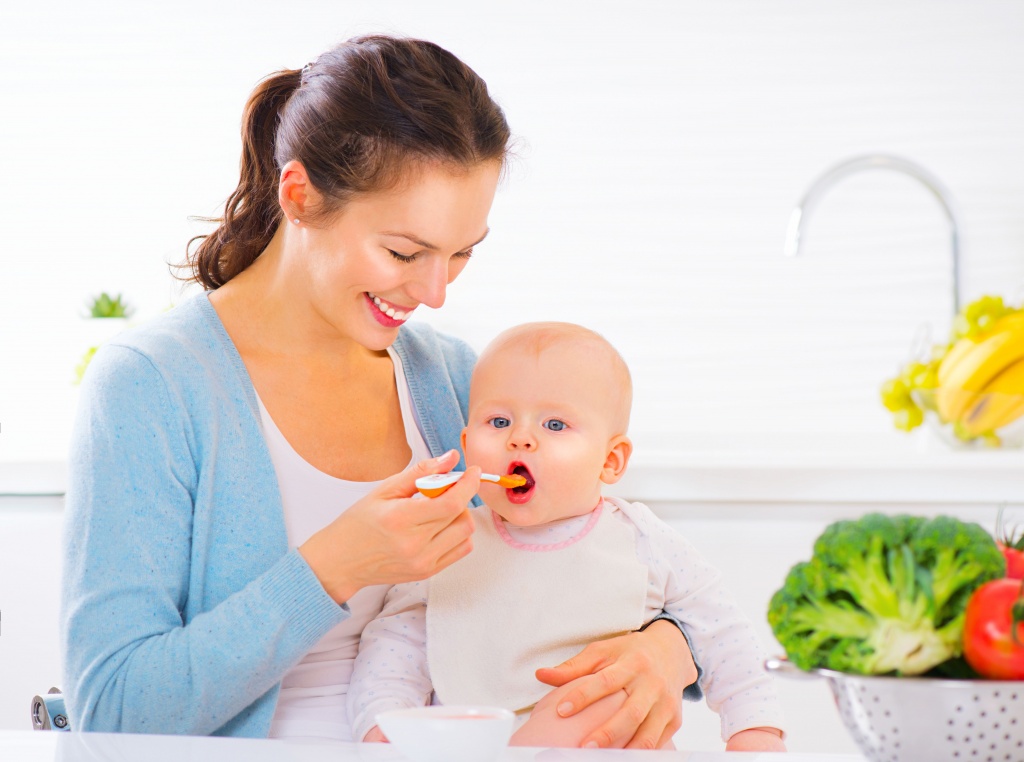
This is just in both of your best interests for afterward this is all over. When they’re sick, it’s so easy to create a habit that they expect to continue afterwards. Toddlers especially won’t be able to understand why it was ok to get the food they asked for one day and then the next be expected to eat what the rest of the family is eating. There may be a day or two of pushing boundaries once they are healthy again to see if you will give in to their requests, but set those clear limits and they will fall into a state of comfort again with the regular routine.
What about the B.R.A.T Diet?There is no good evidence indicating that there is a need to feed your child food bland foods like banana, rice, applesauce and toast (B.R.A.T.) during bouts of diarrhea. There may be a benefit to including foods like rice and green bananas to help absorb some water and reduce stool volume, but children on the BRAT diet are more likely to experience important deficiencies in calories, protein, fat, fiber, and several critical micronutrients.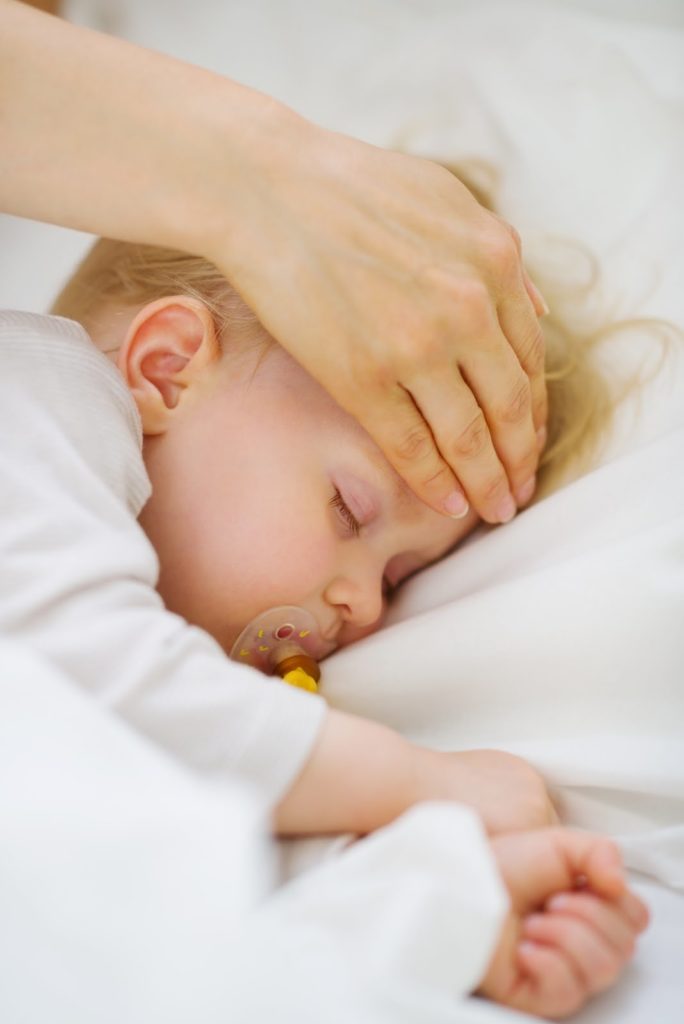 It’s best to focus on what they can personally handle and stomach. If they can eat a curry when they’re sick…go for it! If all they can stomach is toast and rice, then go for it. Just try to get variety in the diet as soon as possible.
It’s best to focus on what they can personally handle and stomach. If they can eat a curry when they’re sick…go for it! If all they can stomach is toast and rice, then go for it. Just try to get variety in the diet as soon as possible.
Contrary to what many think, milk and dairy doesn’t actually increase mucus (phlegm) production. It may however make it more noticeable/thicker, so that may cause discomfort to your little one. Take on an individual basis – if you notice your child is bothered by it, you can go ahead and remove it from their diet until they are healthy again.
How do you get your baby/toddler back on track after they’re healthy again?Once they are healthy again, you can expect their appetite to come back slowly. Sometimes it may look like they’re healthy (energy is back, no more symptoms, etc.) but it can take a few days to even a week for their appetite to return.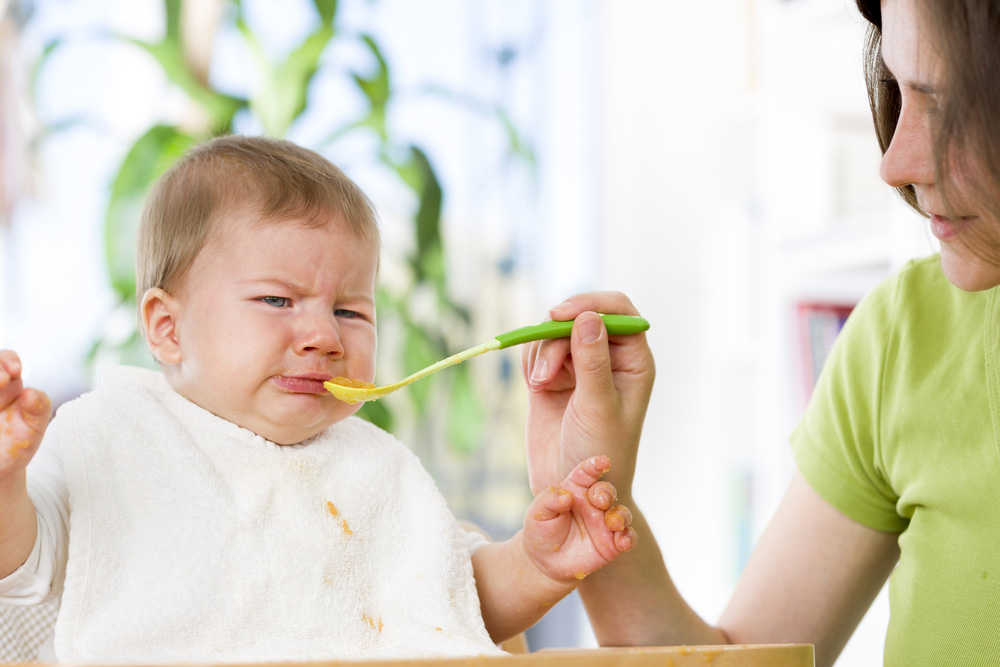 Keep calm and don’t stress about this or pressure them to eat.
Keep calm and don’t stress about this or pressure them to eat.
I’ve already alluded to this, but the best advice I have for you to get things back to normal if they went off track while they were sick is to make sure to go back to the same variety and strategies and feeding schedule I teach in my Feeding Toddlers online course no matter what once they are healthy again. It may take a few days of consistency, but keep at it and you’ll have your little one back to eating happily and healthily.
If you haven’t taken my Feeding Toddlers course, it’s here to help you find the stability and confidence you need in knowing what and how to feed your toddler so that you can have an adventurous and happy eater. It takes you through all the things you didn’t know you needed to know…all the factors you can influence that take meal times from stressful to stress-free. The mealtime set up, the schedule, what to serve, how to serve it, what to say, how to handle all the one-off situations and extreme picky eating and more.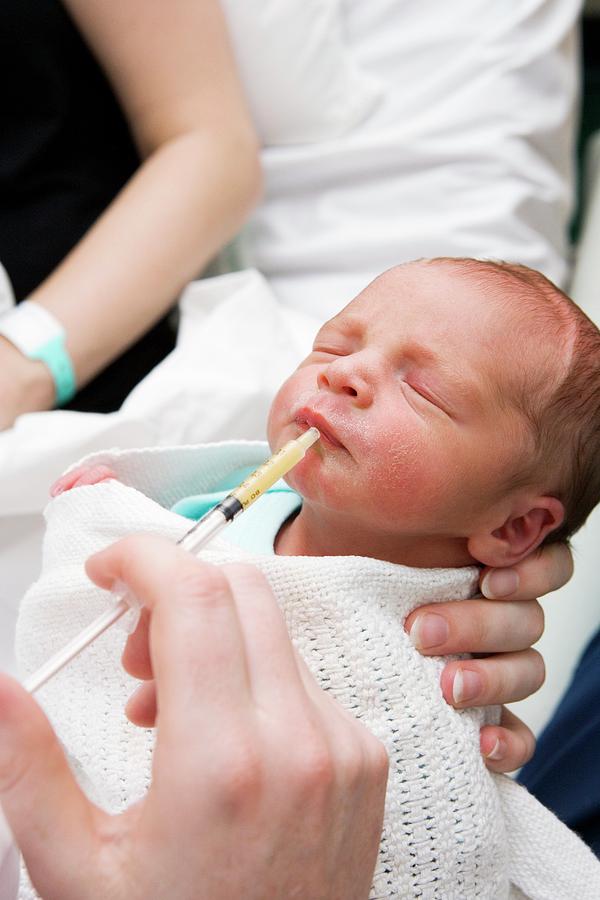
Good luck and sending you all the love as you care for your sick little one!
References:
- Garlic for the common cold.
- Effect of honey, dextromethorphan, and no treatment on nocturnal cough and sleep quality for coughing children and their parents.
- A comparison of the effect of honey, dextromethorphan, and diphenhydramine on nightly cough and sleep quality in children and their parents.
- Effect of honey on nocturnal cough and sleep quality: double-blind a. randomized, placebo-controlled study.
- A spoonful of honey helps a coughing child sleep
- Randomized study of the efficacy and safety of oral elderberry extract in the treatment of influenza A and B virus infections.
- Elderberry Supplementation Reduces Cold Duration and Symptoms in Air-Travellers: A Randomized, Double-Blind Placebo-Controlled Clinical Trial
- MISTAKEN BELIEFS AND THE FACTS ABOUT MILK AND DAIRY FOODS | Request PDF
- Milk consumption and mucus production in children with asthma
- Milk, mucus and myths
- Safety and efficacy of a premixed, rice-based oral rehydration solution.
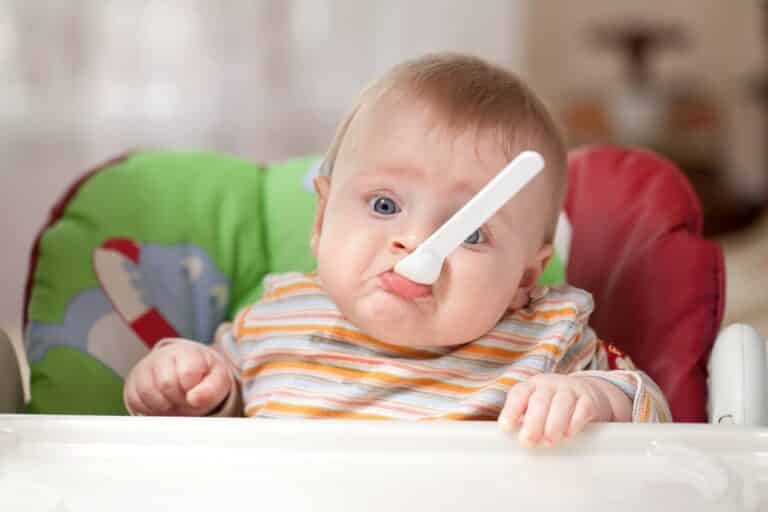
- Managing Acute Gastroenteritis Among Children: Oral Rehydration, Maintenance, and Nutritional Therapy
- Hypocaloric oral therapy during an episode of diarrhea and vomiting can lead to severe malnutrition.
Some of the links on this page are affiliate links. That means, I get a small commission if you purchase through this link. However, I make it a point to only share tools and resources I truly love and use.
What should my sick child eat and drink?
It wasn’t so long ago that doctors would advise parents to give sick children only “BRAT diet” foods: bananas, rice, applesauce, and toast. The reasoning was that bland, low-fiber foods would be less likely to irritate an upset stomach and would produce less stool. Now the BRAT diet is no longer recommended since it lacks nutrients. Instead, the American Academy of Pediatrics (AAP) recommends that children go back to eating a regular, well-balanced diet within 24 hours of getting sick.
Don’t back off on breastfeeding
Suggestions for feeding infants with illness include the following:
- Breastfed babies should continue to breastfeed, even more than before. Breast milk is easiest on your child’s digestive system, and the immune factors your body produces in response to your child’s illness give an important boost to your child’s immune system.
- Infants on formula should continue to formula-feed unless their health care provider recommends otherwise.
- Watch for dehydration. Signs of dehydration include fewer wet diapers, lack of tears during crying, fever, dry mouth, weight loss, extreme thirst, listlessness, and sunken eyes. Sunken fontanelles (the soft spots between the bones of the skull) may also be noticeable.
- If your child is younger than 6 months of age, do not give water or any fluids other than breast milk or formula without consulting your baby’s health care provider.
Follow your child’s lead
For feeding older children, here are some guidelines:
- Don’t make your child eat if she has no appetite.
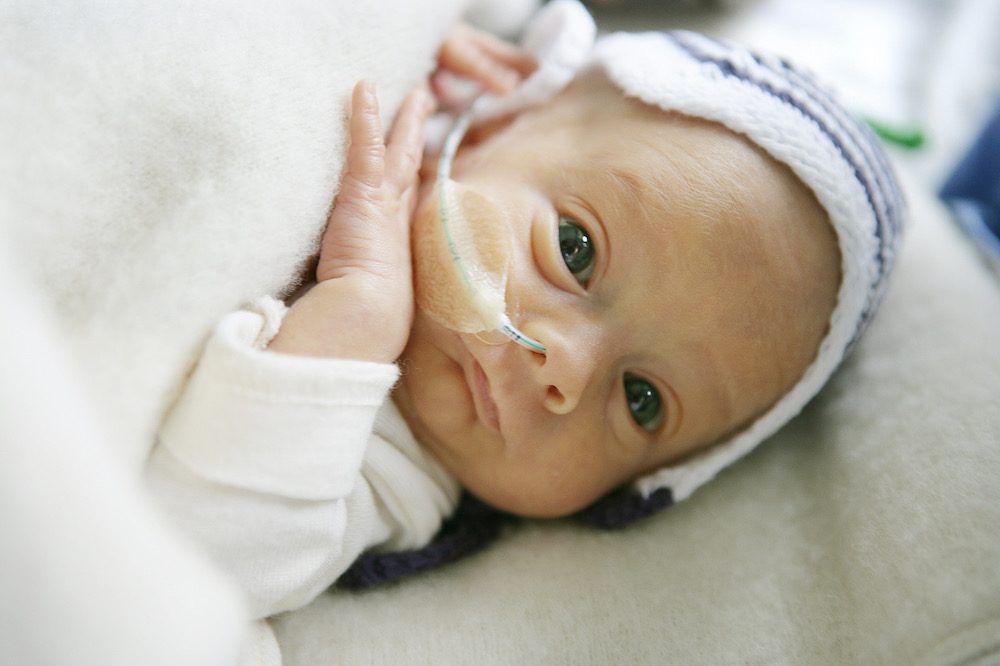 There is no need to force her to eat. When possible, offer small amounts of food throughout the day instead of larger meals. As long as she’s drinking liquids and staying hydrated, solid foods aren’t necessary.
There is no need to force her to eat. When possible, offer small amounts of food throughout the day instead of larger meals. As long as she’s drinking liquids and staying hydrated, solid foods aren’t necessary. - Don’t restrict food when he feels up to eating. ( The old adage “starve a cold, feed a fever” is actually a myth.)
- Consider giving your child probiotics. They stimulate the growth of healthy bacteria in the gastrointestinal tract. Yogurt (2–6 ounces twice a day) is the easiest source of probiotics. Kefir is another popular option. Both yogurt and kefir are available in frozen forms, which may be more appealing since they are cold, dissolve slowly on the tongue, and are similar to ice cream.
- Generally, starchy foods (dried cereals, bread, crackers, noodles, mashed potatoes, and rice) should be offered in addition to the child’s regular diet, while fatty foods and sugary foods (including beverages like soda) should be avoided.
- If your child is vomiting, the AAP recommends that for the first 24 hours, you “keep your child off solid foods, and encourage her to suck or drink small amounts of electrolyte solution, clear fluids such as water, sugar water (1/2 tsp.
 of sugar in 4 ounces of water), popsicles, and gelatin water (1 tsp of flavored gelatin in 4 ounces of water).” Other possible fluids include diluted apple juice (equal parts juice and water), small amounts of ginger ale, and clear coup broth (cooled).
of sugar in 4 ounces of water), popsicles, and gelatin water (1 tsp of flavored gelatin in 4 ounces of water).” Other possible fluids include diluted apple juice (equal parts juice and water), small amounts of ginger ale, and clear coup broth (cooled).
Give favorite fluids
When giving clear fluids, the type you choose may not be as important as how much your child drinks. A randomized study of 647 children ages 6 months to 60 months with mild gastroenteritis and minimal dehydration at a pediatric clinic in Toronto, Ontario, compared treatment focused on electrolyte solution with use of diluted apple juice and other preferred fluids. The research team found that fewer children who received apple juice or other preferred fluids needed follow-up care with intravenous fluids for dehydration than children in the electrolyte solution group. So give your child what he likes.
If your child is unable to keep clear liquids down—if even small sips cause vomiting—or if the symptoms worsen, contact your child’s health care provider right away.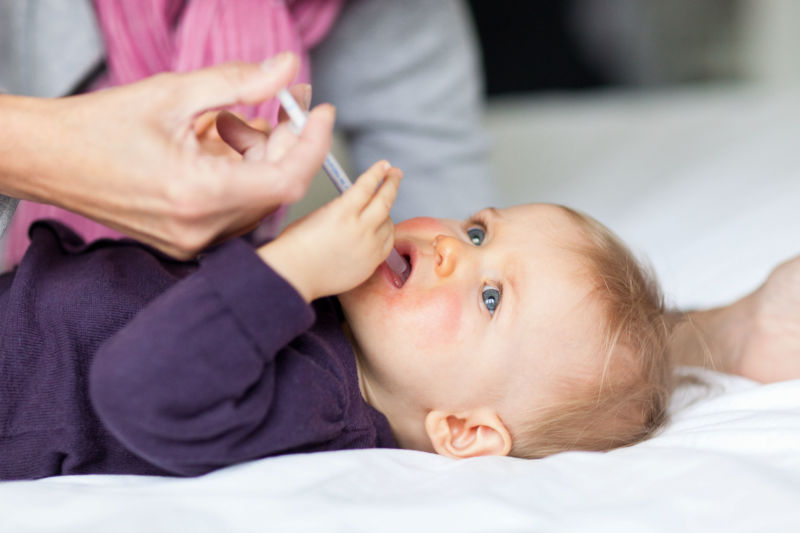
Last updated September 25, 2021
Feeding a sick child
Publication date: 12/15/2016 08:22
April 22nd, 2016 Olga.
While the child grows up, he will be ill with various diseases more than once. About 80% is accounted for by SARS. Any disease (we are now talking about the flu, SARS) is characterized by poor health of the child - malaise, cough, runny nose, weakness, and maybe intestinal upset. And all this affects the appetite of the child. If a child has caught a cold, mothers always ask themselves the question: how to feed him properly? Proper nutrition of a sick child will help to quickly cope with the disease.
During an illness, the baby always has a poor appetite. There are physiological reasons for this:
- at elevated temperatures, blood circulation in the stomach slows down. because the body sends blood to vital organs: the heart and lungs. The process of digestion and assimilation of food slows down and the child needs less food than usual;
- during an illness, the liver actively fights toxins, the products of the vital activity of viruses and the decay of damaged cells, so a large amount of food carries an additional burden;
- the toxins themselves poison the body and the child, when he feels bad, not at all before eating;
- blocked nose, sore throat, difficult to swallow.

- Nutrition should be appropriate for the child's age;
- during illness, do not introduce new foods into the diet;
- food should be sparing - liquid or semi-liquid;
- make small meals if the baby does not want to eat, and the number of feedings can be increased;
- if the child refuses to eat, let him drink more fluids (water, compote, fruit drink, rosehip broth).
From the diet during illness should be excluded:
- Hard-to-digest foods - fatty meat, whole grain cereals, fresh vegetables and fruits.
- Foods harmful to the liver - fatty dairy products, chocolate, vegetable oil, lard, confectionery.
- Rough, which can damage the mucous membrane - nuts, seeds, crackers, cookies.
Useful menu
During an illness, a child needs food that is well absorbed by a weakened body. Therefore, chicken broth, vegetable soups, stewed and boiled vegetables are perfect for feeding a child during SARS.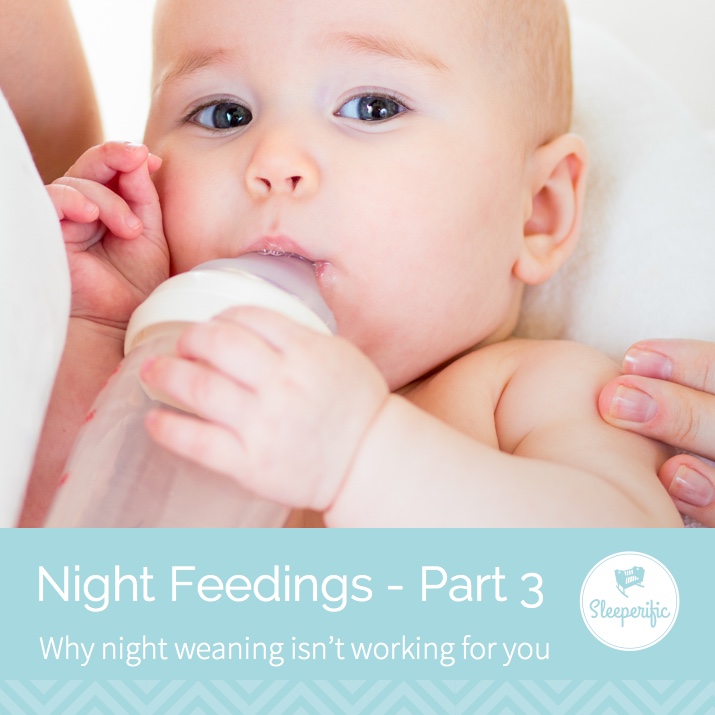
To avoid mechanical irritation of the stomach, choose foods that are low in fiber. What foods are low in fiber? These are potatoes, cauliflower, pumpkin, rice and semolina, animal products.
Potatoes are especially delicate in fiber, so include mashed potatoes in your menu more often. You can cook mashed potatoes with sausage, cheese. Beautifully decorate the dish.
Animal protein must be present in the diet of a sick child, since it is a building material for protective antibodies. They are rich in lean meat - veal, beef, lean pork. For soups, use secondary broths from turkey meat, rabbit, chicken breast.
What else can you feed a child during illness? Yogurt helps out well, especially homemade, with the addition of berries.
Cook porridge for the child: semolina, oatmeal, you can also add berries from jam or defrosted.
A sick child needs vitamins. You can make vitamin drinks from rose hips, berries, cook jelly, dried fruit compote, berry juice.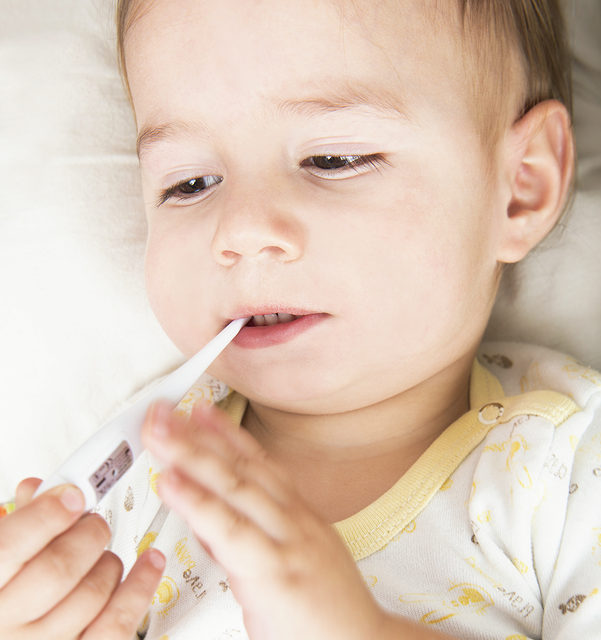 . Such drinks will alleviate the condition of the baby if the throat hurts. But with indigestion, milk should not be given at all.
. Such drinks will alleviate the condition of the baby if the throat hurts. But with indigestion, milk should not be given at all.
To increase the appetite of the dish, it is desirable to arrange it beautifully so that the child immediately has a desire to eat it.
Nutrition for a convalescent child
After an acute period of illness, a period of convalescence begins, when the baby is on the mend and nutrition during this period plays an important role. The food of a recovering baby should be rich in energy in order to restore strength, contain minerals and vitamins, the food should be well absorbed.
As soon as the symptoms of the disease subside, do not rush to pounce on a child with enhanced nutrition, it will take a few more days to restore digestion. Continue to follow the diet, adding lean meat and fish, cheese, eggs, boiled vegetables and fruits to it.
Ideal for casseroles, puddings, steamed cutlets, vegetable soups. Introduce fruits and vegetables into the diet and do not forget about sour-milk products that will help restore the disturbed intestinal microflora. Let during this period the food be fractional, the child eat a little. And when the body gets stronger, the child will return to a normal diet.
Let during this period the food be fractional, the child eat a little. And when the body gets stronger, the child will return to a normal diet.
Choosing tactics
When feeding a sick child, parents should remember that it is impossible to force-feed a child!
We provide a diet with easily digestible products. Some parents find it difficult to feed the baby during illness, he categorically refuses to eat. Psychologists advise not to turn feeding into a circus with musical numbers so that the child eats "well, at least one spoonful."
If a child refuses to eat once, it will not bring much harm to health. He will not remain hungry, but will ask for something anyway when his appetite wakes up.
And don't scold the baby if he doesn't want to eat. Appetite will be restored.
Information from the site: deti-i-vnuki.ru/pitanie-bolnogo-rebenka/
What to feed a child with a cold and SARS
At the age of 1 to 6 years, the diagnosis of ARVI 6-10 times a year is a common thing.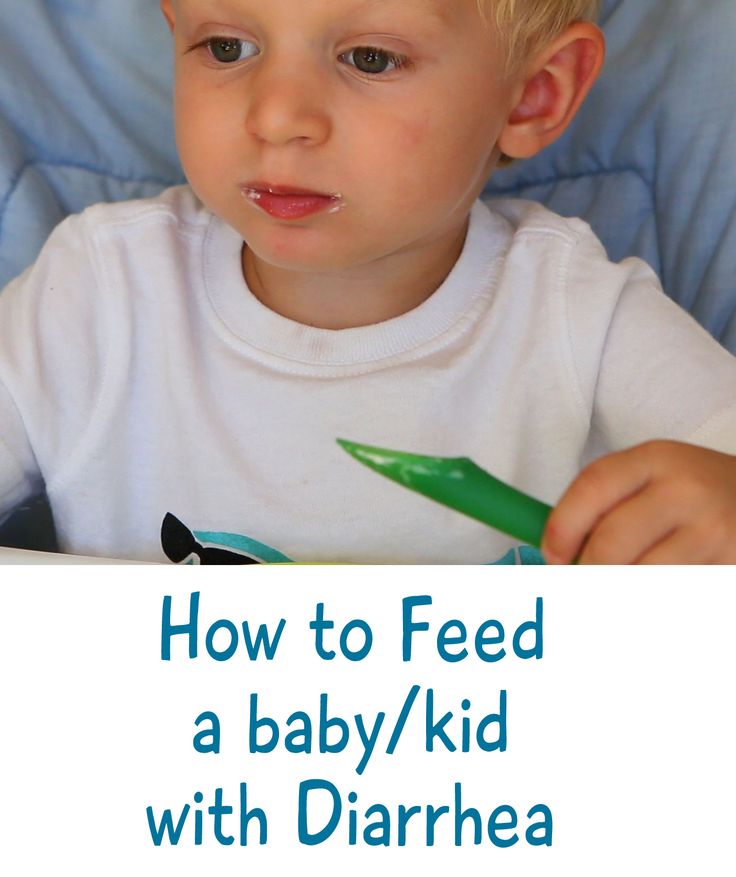 But parents do not need to be afraid of every sneeze. They should know how, at the first signs of illness , to create conditions that will help the sick baby to recover as quickly and without complications as possible. Of great importance is the rational nutrition of a child with a cold and SARS. What is meant by it?
But parents do not need to be afraid of every sneeze. They should know how, at the first signs of illness , to create conditions that will help the sick baby to recover as quickly and without complications as possible. Of great importance is the rational nutrition of a child with a cold and SARS. What is meant by it?
Experienced doctors, answering the question of how to properly treat ARVI and influenza, will advise parents to provide their children with:
- fresh, clean indoor air;
- copious warm drink;
- temporary bed rest;
- proper nutrition.
There is an opinion that recovery is 90% dependent on diet and healthy sleep. Indeed, often a strong children's body can easily cope with the disease itself, without medicines. But how to feed a child with ARVI and a cold, so as not to harm him?
CHILD NUTRITION WITH COLDS AND SARS: FEATURES
It is no secret that during illness, the appetite of children disappears - the young body is strenuously fighting infectious agents, and the digestion of food requires additional effort and energy.
Parents need to understand: they should not be forced to feed the baby, a short diet and slight weight loss do not pose a threat to his health, since the body has certain reserves of strength in case of illness. After recovery, the child will quickly gain the lost kilograms.
Another thing is drinking. It is necessary to give a sick child to drink as much as possible - from 1.5-2 liters per day. This will alleviate his condition, and most importantly, will contribute to the speedy removal of toxins from the body. Offer the crumbs a delicious fruit drink, warm tea, berry compote or jelly, rosehip broth, cocoa or milk (focus on the preferences of the baby).
Proper nutrition of a child with colds and SARS involves small portions of light and well-digestible food. It is best if the child asks for food himself, and no matter what time of day. Try to offer him something tasty and healthy, it is best that these are his usual dishes.
Why should a menu that is not familiar to a child be avoided? The fact is that the possibilities of digestion during illness are reduced, and instead of the expected benefits, new fruits, sweets or delicacies can cause disorders, and, accordingly, an additional serious burden on the body.
WHAT TO INCLUDED IN THE DIET AND WHAT IT IS BETTER TO REJECT?
- Make sure that your baby's diet includes vegetables and fruits that will provide the body with vitamins and microelements. Apples, pears, kiwis, lemons, coleslaws, carrots and beets will help stimulate the body's defenses.
- Explaining how to feed a child with ARVI and a cold, the pediatrician will certainly mention well-known antimicrobial products: garlic, onion, ginger.
- The baby needs as much liquid as possible, so juicy fruits such as watermelon, melon, etc. will be very useful.
- Fried, spicy and salty foods should be avoided during this period. The most appropriate would be broths, steamed meat and fish, stewed vegetables, legume dishes, scrambled eggs, fermented milk products (yogurt, kefir, cottage cheese).
- Do not get carried away with sweets, as sugar reduces the activity of leukocytes - cells that fight infection.
 Replace the usual treats with natural honey. Also, a baby with a sweet tooth can be pampered with dark chocolate, baked apples, fruit jelly and even ice cream.
Replace the usual treats with natural honey. Also, a baby with a sweet tooth can be pampered with dark chocolate, baked apples, fruit jelly and even ice cream.
As for drugs, the decision on the appropriateness of their use must be agreed with the doctor.
In most cases, you can get by with the usual salt baths for the nose, which will help remove mucus, and products, correcting the body's own immune defenses . The latter include the drug Anaferon for children , which has been used in pediatrics for more than 10 years. This is immunomodulator , which provides gentle support to the child's immune system and is recommended for children who often suffer from acute respiratory viral infections.
Interesting articles:
- Temperature 37°C: causes and treatment
- Rotavirus in children
See also
- children What should I do if an adult or child has a temperature of 39.
